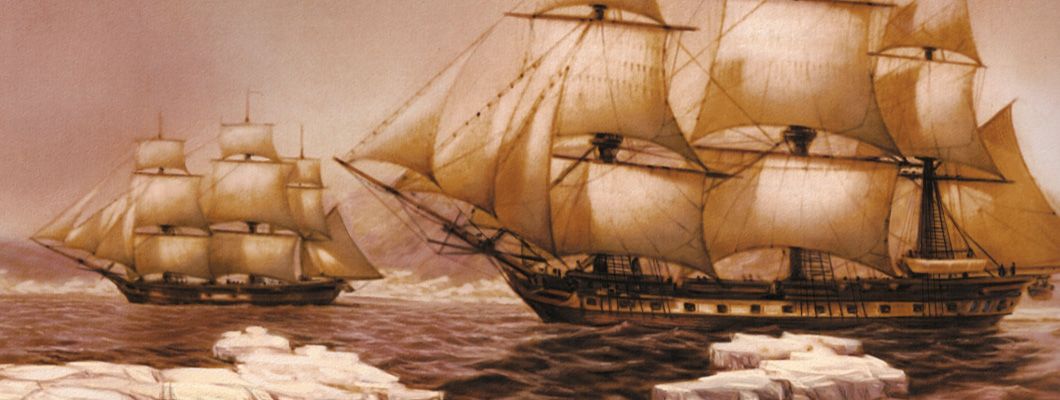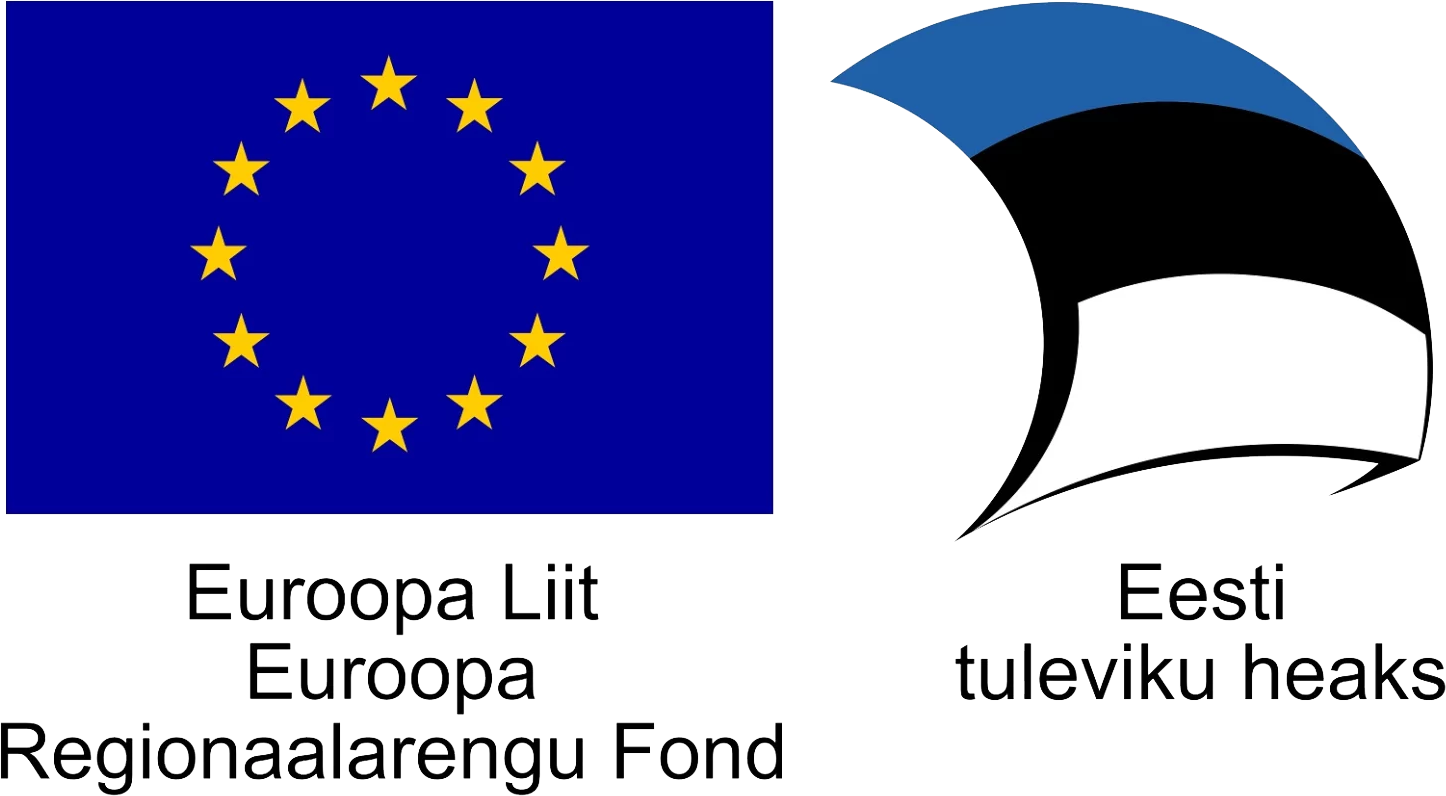
World’s oceans are becoming stormier, researchers discover
25 April 2019
Data matches predictions that weather will get more extreme as planet warms, scientists say.
The world’s oceans have become more stormy during the past three decades, according to the largest and most detailed study of its kind.
The findings add to concerns that as the world gets hotter, extreme events such as storms and floods could become more frequent and more devastating in their impact.
Slight increases in average wave height and wind speed were recorded in oceans across the globe, with the strongest effects in the Southern Ocean. The study relied on data from 31 satellites and more than 80 ocean buoys collected between 1985 and 2018, with about 4 billion observations.
Extreme winds in the Southern Ocean have increased by 1.5 metres per second, or 8%, over the past 30 years, while the highest waves have increased in height by 30 centimetres, or 5%. The strongest winds increased in the equatorial Pacific and Atlantic and the North Atlantic by about 0.6 metres per second.
Prof Ian Young, the first author of the work from the University of Melbourne, said: “Although increases of 5 and 8% might not seem like much, if sustained into the future such changes to our climate will have major impacts.”
Young said that increases in wave height could lead to more serious flooding and coastal erosion, and put offshore structures such as wind farms at risk of damage.
The researchers said the observations were in line with predictions by climate models and from historical records that suggested that as the world got hotter, weather and storms became more extreme, although the relationship was complex and not fully understood.
“The role climate change plays in wind speed and hence wave height is still not clear,” said Young.
Others said that the role of global warming in the latest observations was yet to be established. “It’s a bit difficult to extrapolate these finding to the wider picture,” said Dr Paulo Ceppi, of the Grantham Institute at Imperial College London. “During 30-year periods you can still have pretty significant natural variations in winds.”
Ceppi said that the observed changes in the Southern Ocean were likely to be driven by the hole in the ozone layer, in the Antarctic stratosphere, to a greater extent than global warming – although this could also be contributing.
The study, published in the journal Science, updates previous work from the same team published nearly a decade ago. A major challenge in compiling long-running data series, they said, is accounting for significant changes in technology and data processing over the time period. For the earliest part of the time period the coverage was not as extensive and the measurements were less accurate. The scientists needed to rule out the possibility that they were simply seeing more violent storms because there are now more satellites to spot them, for instance.
The findings also suggest that conditions in the Southern Ocean are becoming more treacherous for ships. According to Young, more intense storms circling the Southern Ocean can also generate larger ocean swells that propagate across the Indian, Pacific and South Atlantic. “Increasing wave conditions in the Southern Ocean impact regions across the globe,” he said.
As the crisis escalates…
… in our natural world, we refuse to turn away from the climate catastrophe and species extinction. For The Guardian, reporting on the environment is a priority. We give reporting on climate, nature and pollution the prominence it deserves, stories which often go unreported by others in the media. At this pivotal time for our species and our planet, we are determined to inform readers about threats, consequences and solutions based on scientific facts, not political prejudice or business interests.
More people are reading and supporting The Guardian’s independent, investigative journalism than ever before. And unlike many news organisations, we have chosen an approach that allows us to keep our journalism accessible to all, regardless of where they live or what they can afford. But we need your ongoing support to keep working as we do.
The Guardian will engage with the most critical issues of our time – from the escalating climate catastrophe to widespread inequality to the influence of big tech on our lives. At a time when factual information is a necessity, we believe that each of us, around the world, deserves access to accurate reporting with integrity at its heart.
Our editorial independence means we set our own agenda and voice our own opinions. Guardian journalism is free from commercial and political bias and not influenced by billionaire owners or shareholders. This means we can give a voice to those less heard, explore where others turn away, and rigorously challenge those in power.
We need your support to keep delivering quality journalism, to maintain our openness and to protect our precious independence. Every reader contribution, big or small, is so valuable. Support The Guardian from as little as £1 – and it only takes a minute. Thank you.
Source: The Guardian
News
28 January 2019
Maritime Museum and group of businessmen planning expedition to Antarctica
Vaata rohkem25 February 2016






